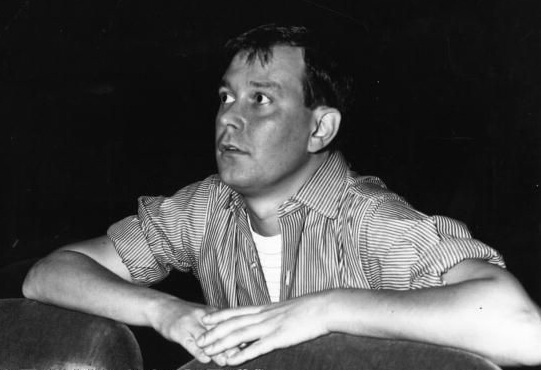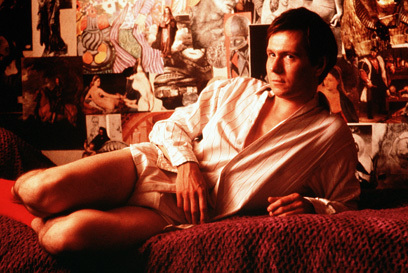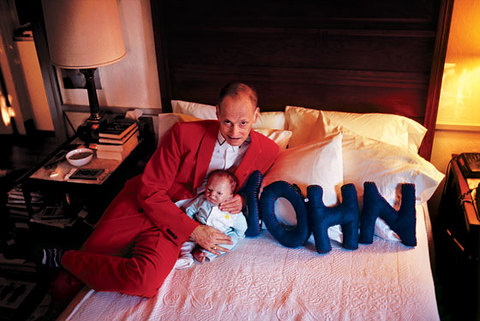For a while there I wasn’t getting out of town and doing too much, just hanging around Reading and my room trying to watch my budget and get some work done. (I may have also been a bit gloomy for the last few months, but that’s another issue altogether.) I’ve been trying to take advantage of some free time in London lately, though, culminating in a huge culture bender yesterday.
In the morning I went to the Design Museum to catch the Brit Insurance Designs of the Year (I know, but it’s better than the name makes it sound) exhibition and a retrospective of architect/designer/engineer Jean Prouvé.
The Design Awards show had lots of nice things, but it wasn’t especially stirring since I’d seen so many of them reproduced before. The fashion bits were a really great surprise, though, and some of the interactive stuff seemed interesting but I was prevented from getting a closer look by a pack of French school kids swarming around anything shiny in the gallery. It was also nice that they included Titus Nemeth‘s sketchbook as well as some of the proofs from his development of his Naseem typeface, which was perhaps the only part of the whole exhibition that shed any light on how some of the winning work came about.
The Prouvé show was excellent, and luckily the ticket for the museum lets you experience the brilliance of his stuff for a bit more, since it also gives you admission to his protoype Maison Tropicales, which has been reassembled over at the Tate Modern. (Hopefully I’ll get a chance to check that out before the end of the weekend, at which time I may indulge in the big Duchamp, Man Ray, Picabia exhibition they’re running.)

The highlight of the day was an impromptu visit to the Design China Now show at the V&A. It’s really Uh.May.Zing., especially since so much of the design work (except for the architecture) doesn’t seem to have been shown around much in the West before, not even in the current explosion of design blogs. It’s packed with gorgeous work, and for those of you with real jobs and stuff the related products they’re selling in the shop might be just as tempting as the show itself. Seriously, just go.




